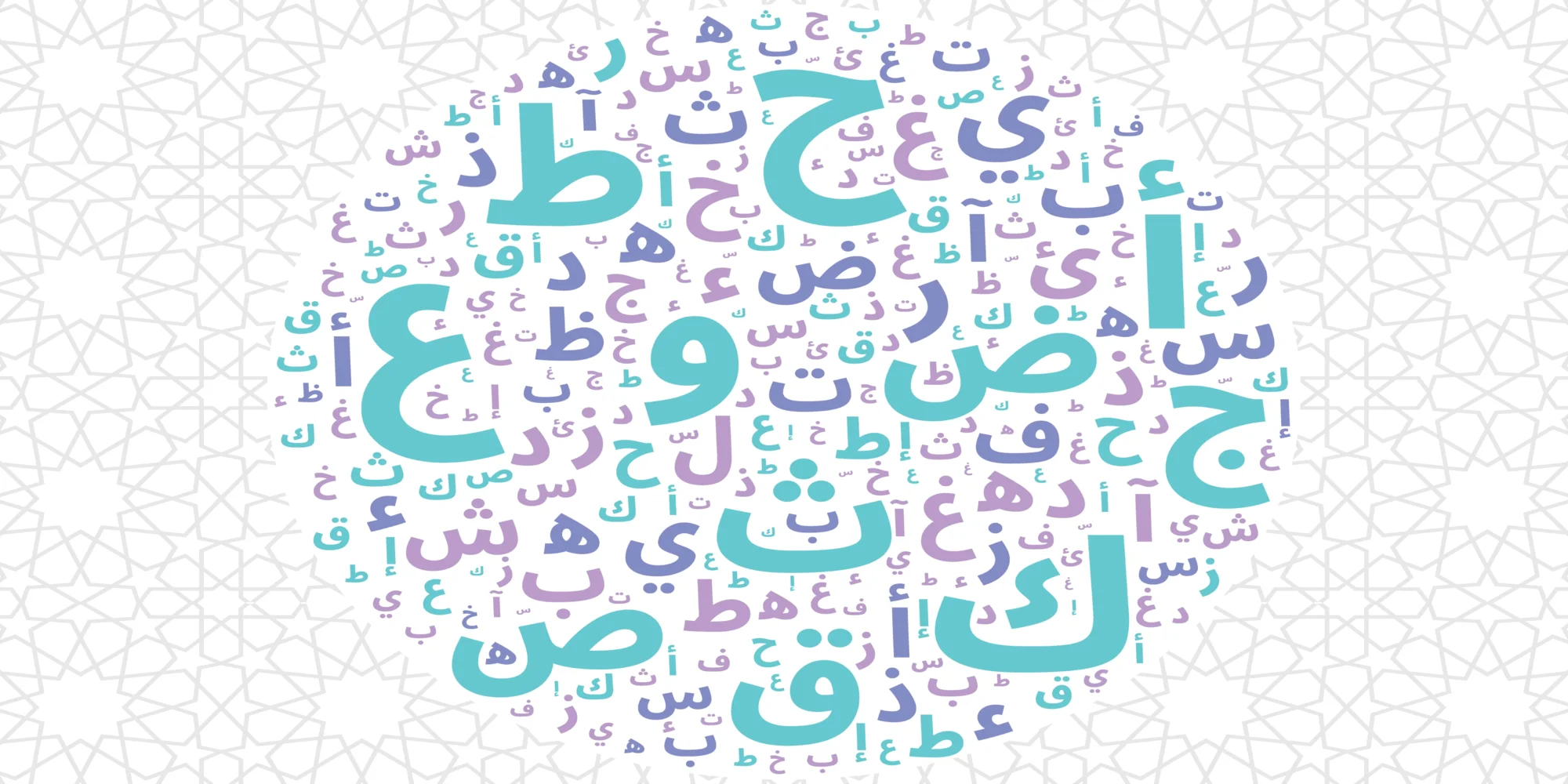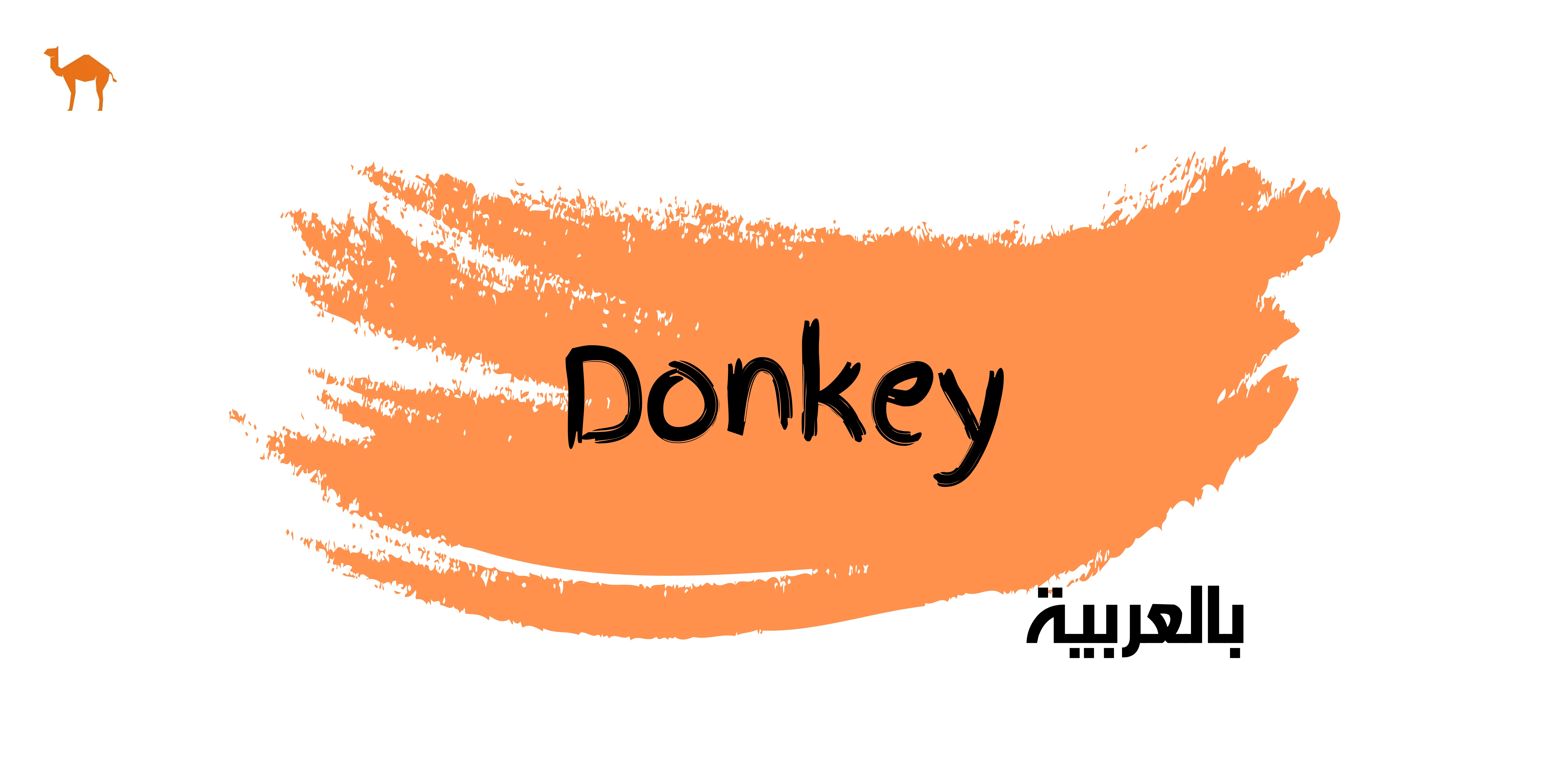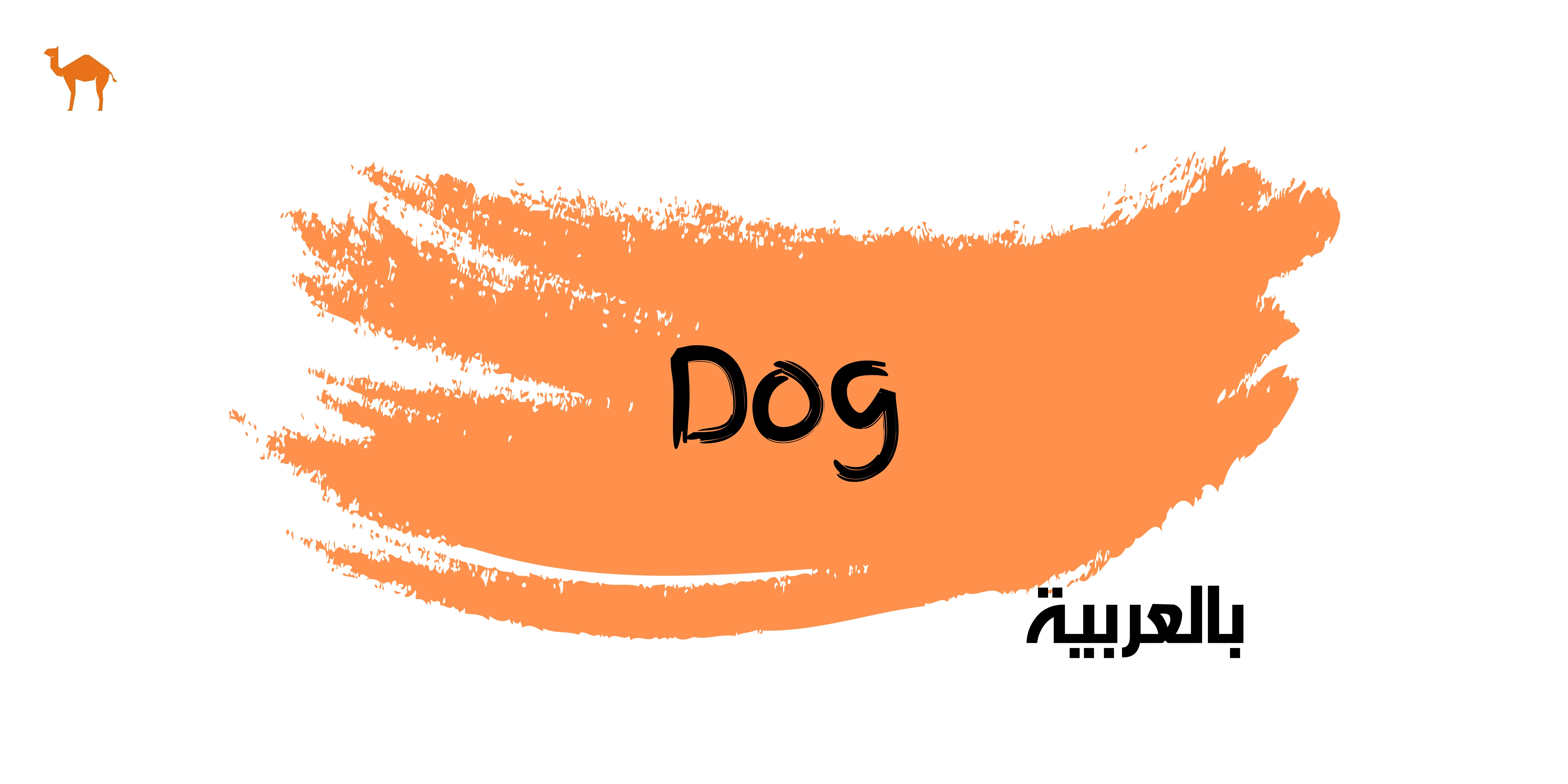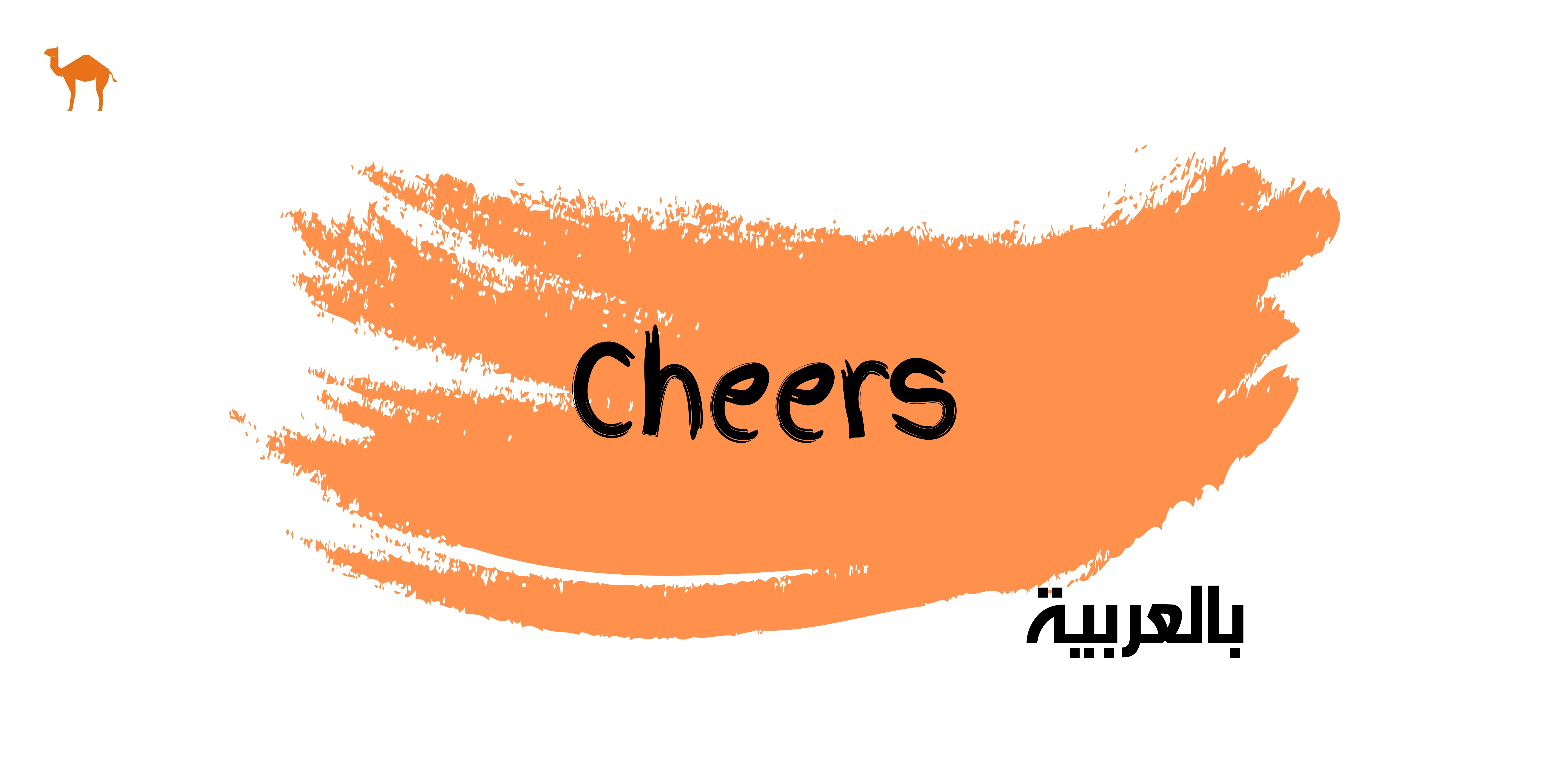Learning Modern Standard Arabic or Arabic Dialects: Which to Choose?

Learning modern standard Arabic is essential if you’re interested in learning Arabic, because, in the field of Arabic literature, contemporary writers employ the standard language. Because it is utilized in technical writing for academic publications and contains many loanwords from other languages, particularly European languages used in science, it is even referred to as the academic language. There is a fascinating and extensive history of Arabic. Arabic dialects varied throughout Arab tribes, as did their pronunciation of Arabic wars amongst themselves. It was among these medieval languages that the Quranic Arabic originated. Arabic countries today speak Standard Arabic as their common language. Usually, it is employed in formal contexts. Standard Arabic is the only type of Arabic used in any official or government document. Continue reading this article to learn more about modern standard Arabic.
What is Modern Standard Arabic?
Modern Standard Arabic (MSA) is the suggested starting point for students who are completely new to Arabic. 22 Arab nations, including those in the Middle East, the Horn of Africa, and Northern Africa, have adopted it as their official language. It is one of the most widely spoken languages in the world and a United Nations official language. Arabic taught in schools at all levels is known as MSA. Modern Standard Arabic, in contrast to Egyptian Colloquial Arabic, is widely spoken throughout the Arab world. If you want to master the fundamentals of Arabic speaking, MSA is a wonderful start. It gives students the tools they need to read and debate social issues found in Arabic newspapers, as well as construct simple phrases. For individuals who wish to study Arabic for professional or personal growth, our MSA courses at eArabic.io are ideal.
Learning modern standard Arabic or dialects as a start?
The question of whether to acquire a colloquial dialect (Ammiyya) or Modern Standard Arabic (Fus-ha), has been a popular one for Arabic language learners. Here are our top 5 reasons for learning modern standard Arabic, even though both are crucial for learning Arabic.
Utilized in the MENA Area
Since Arabic is the sixth most spoken language in the world, knowing MSA is quite beneficial! Throughout the Middle East and North Africa, MSA is used for print and broadcast media, law, legislation, academics, and contemporary literature. Many individuals in these areas probably have some understanding of it as they've read about it in books, heard it on news programs, or in schools. As a result, MSA offers a common language for the Arabic-speaking nations. Thus, you should be able to converse in some capacity with the majority of Arabic speakers.
A Useful Foundation for Learning Other Dialects
For mastering the many spoken Arabic dialects spoken throughout the Arab world, Modern Standard Arabic offers a strong starting point. Many terms have roots in MSA, even if there are significant distinctions between MSA and the various dialects. For example, in the Levantine dialect, "كيفك" keefak/fik is used to inquire "How are you?" The "كيف حالك" keef halak/lik from MSA is quite similar to this.
A Coherent Perspective on the Arab World
The language of Modern Standard Arabic is elegant and sophisticated. It is an adaptation of literary, standardized Arabic that emerged in the 19th and 20th centuries and marked the beginning of the modern era for the Arabic language. MSA can offer Arabic language learners a more grammatically sound introduction to the language and culture of Arabic.
Getting into Arabic Culture and Media
Would you want to read Mahmoud Darwish's poetry in its original language or comprehend news channels? Then, you want to decide to study MSA as the great majority of news networks, newspapers, radio shows, and literary works in the Arab world are produced in this language. For this reason, knowing MSA is essential to getting into the MENA region's foreign policy and media fields.
Vast Commercial and Financial Benefits
One of the six official languages of the UN, Arabic is the official language of 22 nations. Understanding MSA has many benefits for business and the economy, and having Arabic on your resume will greatly increase employment opportunities! For instance, did you know that the GDP of all Arab countries combined is $2.8 trillion?
Students can take a variety of modern standard Arabic courses at eArabic.io to advance from beginner to fluent speakers of the language. Adults and children of all ages can enroll in our MSA classes. Students will be introduced to cultural concerns, writing, art, and other facets of Arab culture, much like in our Egyptian Colloquial Arabic course.
Explore the richness of the Arabic language and Egyptian dialect with our online courses tailored for learners worldwide, whether you're a beginner or an advanced student, our comprehensive curriculum and expert instruction provide an immersive learning experience accessible from anywhere. Dive into the program in Arabic, designed to deepen your understanding and proficiency in this vital language. Book a free Arabic lesson!


